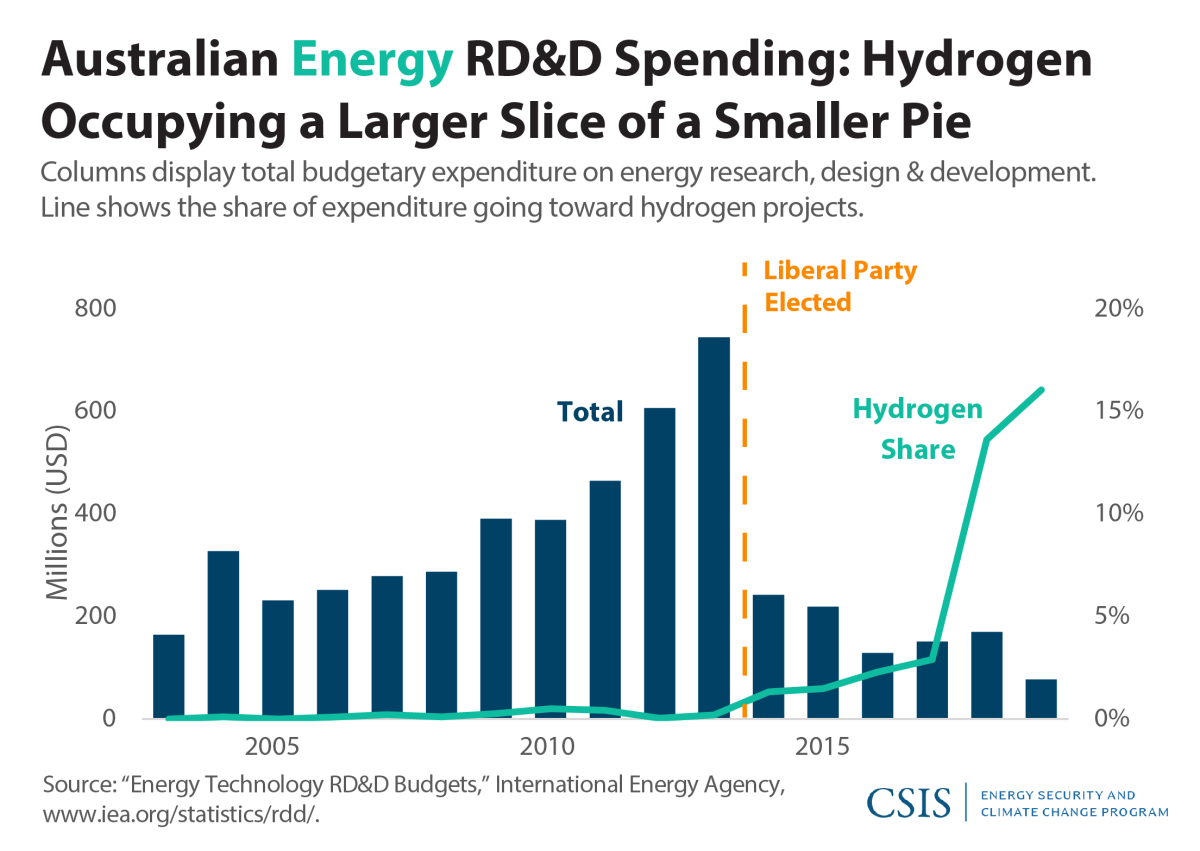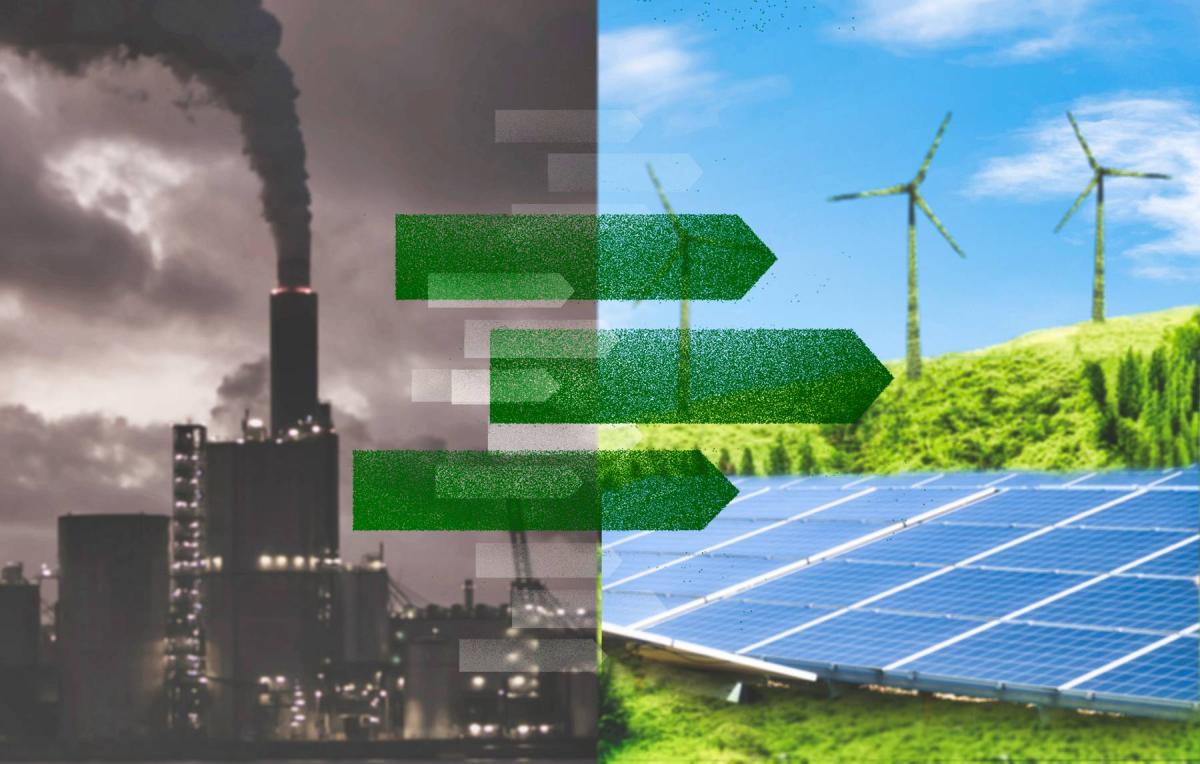Is Hydrogen Diesel engines the future?
"The idea of blending hydrogen and diesel together in an existing engine is something of a Holy Grail for carbonizing heavy industry and mining," adds Tim Buckley.

A team of engineers at the University of New South Wales (UNSW) in Sydney has figured out a way to run a diesel engine on a mix of diesel and hydrogen, dramatically lowering its emissions. A vehicle powered by diesel has a diesel-injection unit that releases fuel into the combustion chamber. The engine’s piston compresses the fuel-air mix to high pressure and temperature, which causes it to ignite. This creates the pressure that powers the engine.
During this process, a diesel engine produces carbon dioxide and NOx (nitrogen oxides), which are harmful to our environment. The researchers say that directly mixing hydrogen with diesel in the combustion chamber would increase NOx pollution. In order to overcome this problem, they developed a hydrogen-diesel dual-fuel system that uses a timed, high-pressure hydrogen direct-injection unit inside a diesel engine that was already equipped with a diesel-injection unit.
The vision behind the hydrogen-diesel direct-injection engine system is to provide industries with a practical solution for their carbon emissions problem. Mining companies that employ a variety of diesel-based machines and equipment alone generate up to 7 percent of global greenhouse gas emissions. Powering the growth of such sectors with hydrogen fuel could drastically improve the health of our planet. Kook and his colleagues have already patented their hydrogen-diesel, direct-injection dual-fuel system, and they are planning to bring it to market within the next year or two.
Are we really ready to wash our hands from diesel and petrol-powered vehicles……..

With bans on the production of new diesel and petrol-powered vehicles looming, consumers are seeking more sustainable vehicle options. This has become an urgent matter. “Uptake seems to be increasing” – according to the Society of Motor Manufacturers and Traders (SMMT). The Demand for battery electric vehicles (BEVs) has more than doubled between November 2020 and November 2021.
Hydrogen is a promising resource that is key to delivering transport’s de-carbonised future. Industrial production of hydrogen is typically delivered through electrolysis — using an electrical current to split water into hydrogen and oxygen. By 2030, analysis anticipates hydrogen to be in use across a wide range of transport modes, including but not limited to HGVs, buses and rail, along with early stage uses in commercial shipping and aviation. Analysis shows there could be up to 6TWh demand for low-carbon hydrogen from transport in 2030.
Since 2015, three companies have offered hydrogen -powered cars for sale; Honda Clarity Fuel Cell, the Hyundai Nexo SUV, and the Toyota Mirai. Toyota has been leading in the hydrogen powered cars for many years now but the first one was built by General Motors in 1966. Hyundai has been following right behind Toyota and Mercedes is not far behind in the fuel cell game. Industry experts from Hyundai have stated that this trailer-truck combination is a glimpse into the future of U.S. transport and adds significant impetus to the firm's Fuel Cell Electric Vehicle 2030 Vision, which involves the widespread implementation of hydrogen-based fuel cell technology. According to “Saloni Walimbe, an analyst with Global Market Insights''.
The past and the future of Hydrogen…….
In 2003 The Department of Technology Administration U.S. of Commerce released a study which was named “Fuel Cell Vehicles: Race to a new Automotive Future”. They state that Hydrogen Fuel Cells is one of the most promising technologies in innovating history. President George Bush increased funding on research known as the FreedomCAR initiative to develop Fuel cells and hydrogen to provide a full range of affordable vehicles. The point of this was to provide a harmless emission without sacrificing the freedom of mobility and vehicle choice.
Donald Evens,“Secretary of Commerce” mission was to inform the policymakers of the United States and around the world on how to foster a safer and cleaner environment for a prosperous future for all. Are we any closer now then we were almost twenty years ago in making this a reality?
They believed that the best opportunity in achieving a net-zero carbon energy and emission future is for the mass automotive market to sell hydrogen fuel cell vehicles(FCEV). The research stated that it would deliver high energy efficiency up to twice that of gasoline-powered internal combustion energies. The new Automotive future will have an economic impact far broader than the automotive sector and extending beyond the United States. Donald Evns predicted that it would take 15-20 years for the vehicle market to turnover Fuel Cell Hydrogen Vehicles.
Fast forward 21 years and Americans are still on the fence on whether or not this is the answer to a cleaner, safer, inexpensive solution to our global warming and finite fossil fuel problems. With one of the biggest household names in alternative energy transportation and owner of Tesla contesting the idea of (FCEVs) it might be a harder sell than originally hoped for.
What does Elon Musk say about hydrogen fuel cell cars?
Elon Musk has been vocal about his stance on hydrogen fuel cells. He doesn't like it. His response to a reporter in '22 stated,
With compelling arguments on both sides, can you fathom the possibility of FCEVs running in fleets across the fairways and becoming a household favorite or just another fleeting fad that will soon fizzle out?









